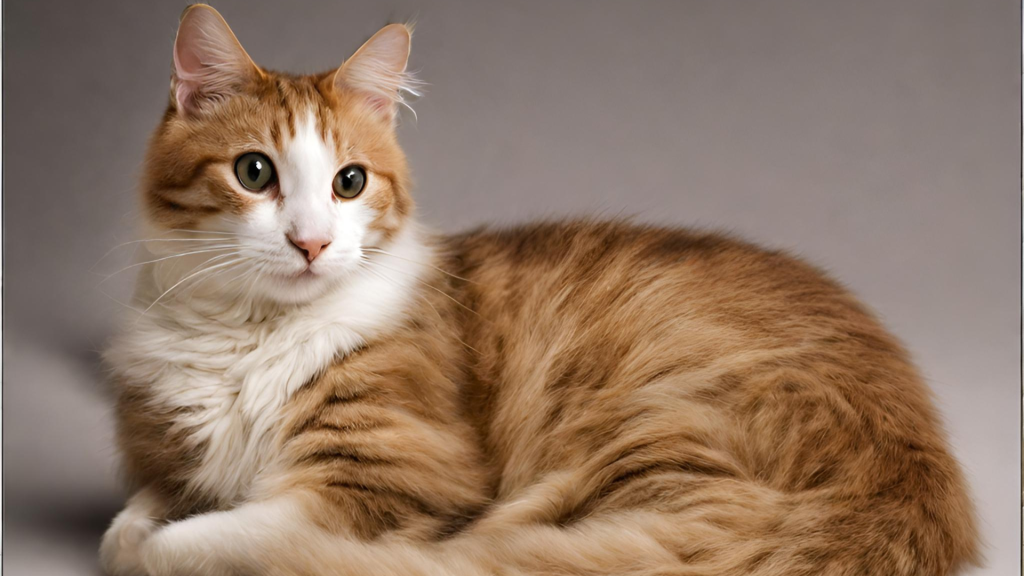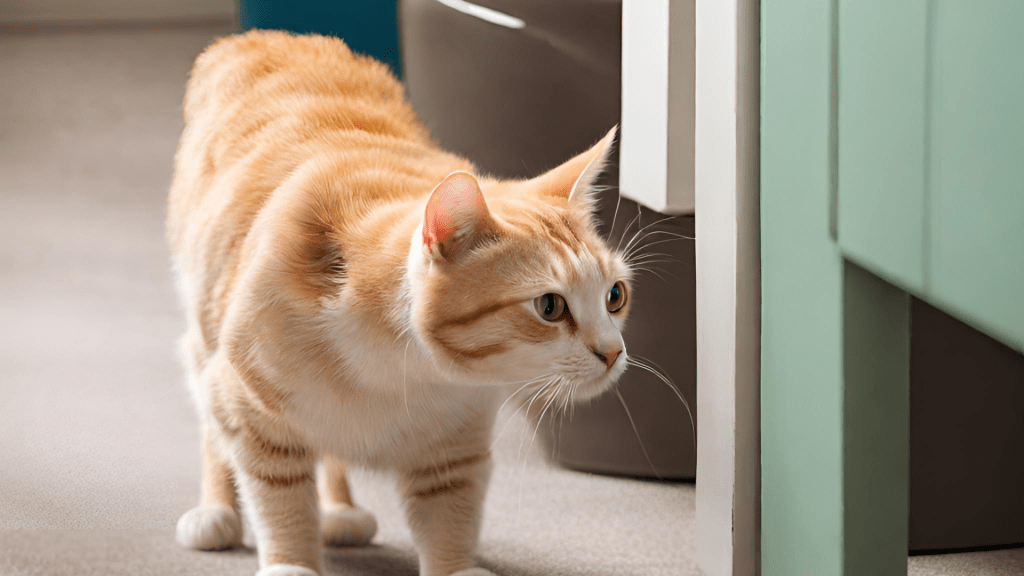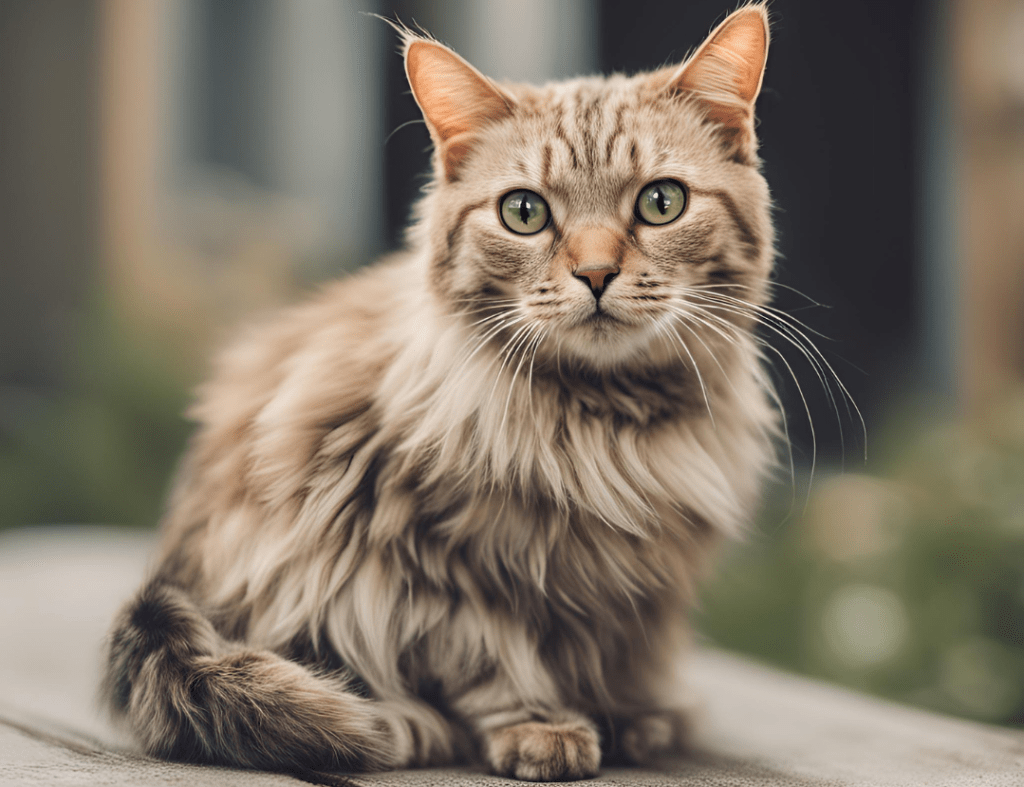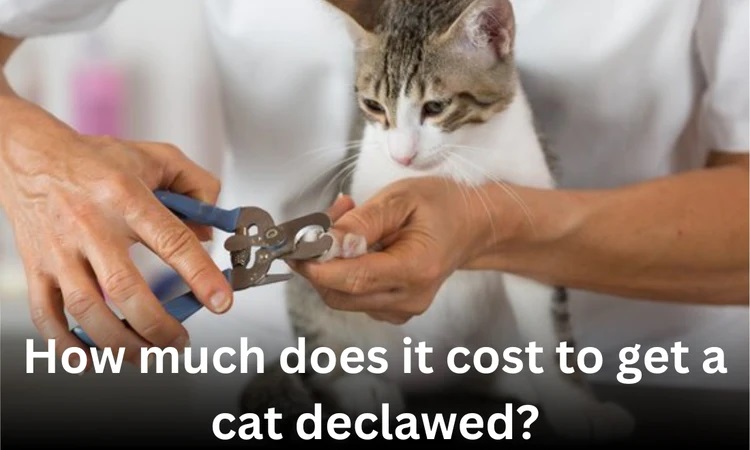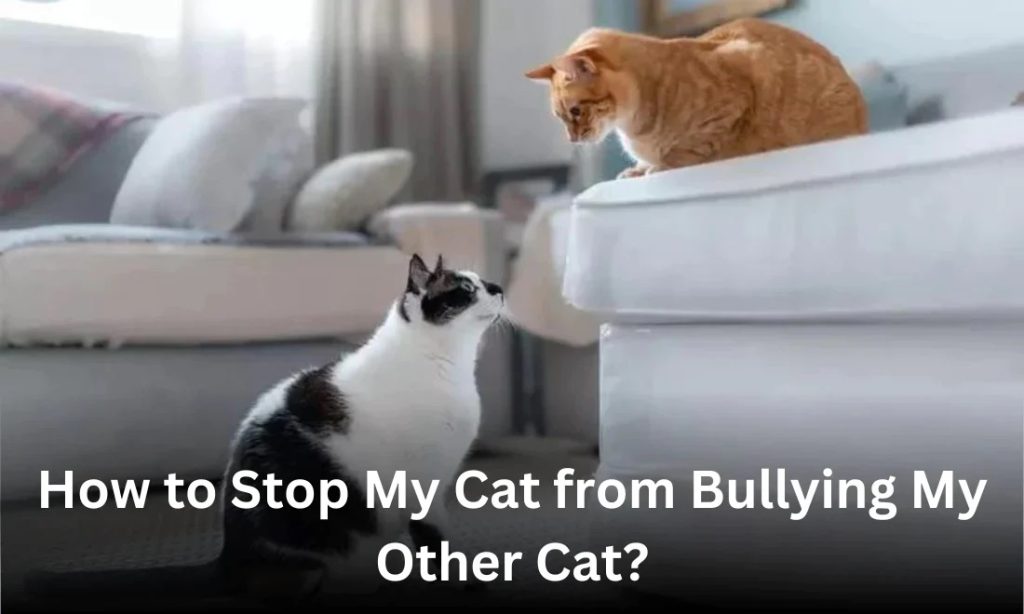Last updated on October 10, 2024
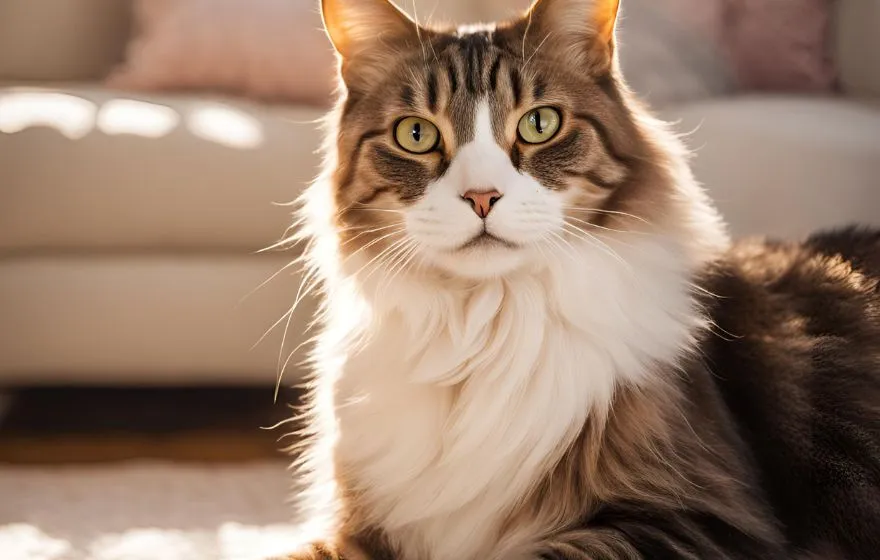
Choosing the right supplements for your cat, of course, poses a big problem because there are many available options to choose from. It is important to choose the best for your cat’s health. Proper supplementation ensures that your cat is generally healthy. However, not all supplements are required for every cat. Knowing when and what to give is important.
Understand Your Cat’s Needs
Before you go ahead to buy supplements for your cat, ensure you are familiar with their needs. Not all cats require the same supplements. A cat might need supplements depending on age or breed due to health issues. Older cats require support for the joints. Healthy kittens and young cats may not need additional supplements if they are given a well-balanced diet.
Consult a Veterinarian First
Always consult your veterinarian before introducing supplements. A veterinarian will be able to tell you exactly what your cat needs. Veterinarians know the history of your cat and can advise you to choose good products for your cat. They can also advise you on dosing to avoid over-supplementation.
Common Types of Cat Supplements
There are several supplements available for cats. Each one targets a specific area of health. Knowing the common groups will assist you in making a better choice. Here are some of the most used feline supplements.
- Joint Supplements Joint health supplements are, of course, essential for older cats. Glucosamine and chondroitin for their major components in almost all joint health supplements for cats. These may enable older cats to move around with ease because they inhibit stiffness caused by inflamed joints.
- Omega-3 Fatty Acids Omega-3 supplements help improve a cat’s skin, coat, and immune system. They are anti-inflammatory and help the cat’s heart. Cats with dry skin or allergies might even benefit.
- Probiotics Probiotics are excellent gut probiotics in that they fill the gut full of good bacteria. It suits cats with digestive issues or after antibiotics. The benefits of probiotics are maintaining a healthy digestive system and increased absorption of nutrients.
- Vitamins and Minerals Some cats are in need of some vitamins or minerals. Such as vitamin B12 for cats suffering from digestive problems. Calcium supplements for cats with weakened bones. All supplements can be prescribed only by a veterinarian consultation.
Natural vs. Synthetic Supplements
You will often see natural and synthetic supplements if you are choosing a supplement. The former comes from whole food sources, while the latter is produced in a laboratory. Natural supplements are often easier for the body to absorb than synthetic ones. Synthetic supplements may not be able to give the same effects as the real thing. If you can, go for natural products that mimic the nutrients found in your cat’s diet.
Be Familiar with the Ingredients
Always read the ingredient list before buying a supplement. Avoid supplements that contain unnecessary fillers, preservatives, or artificial flavors. Supplements that mention the primary active ingredients should be chosen. Various cats might be allergic to or sensitive to several components included in supplements. In the event of side effects, stop supplement use immediately and consult your vet.
Dosage and Administration
Each supplement carries a suggested dosage. Do not take more than what is indicated, because overdose can cause harm to your kitty. Instead, stick to what the manufacturer or veterinarian prescribed. Supplements are commonly available in different forms: pills, powders, and liquids, among others. Choose the form that suits you best for your kitty.
How to Incorporate Supplements into Your Cat’s Diet
Adding supplements to your cat’s diet need not be such a chore. Most supplements come in flavors that the cat likes, so it is easy to administer. Feed the wet food with a supplement if your cat cannot tolerate its taste and smell.
Introduce the supplement gradually to the cat to avoid digestive problems.
Monitor Your Cat’s Health
Have the supplements administered to your cat. Keep them under close surveillance as you monitor changes in their health. Take note of their energy and the condition of their coat. Periodic visits with your vet will give you a history of their progress. When side effects occur, halt supplement administration and seek a re-word from your vet.
Supplements for Special Conditions
Some cats require supplements due to certain health conditions. Kidney disease may require omega-3 and B-vitamin supplementation. More anxious cats can do extremely well on calming supplements that contain L-theanine. Collaborate with your veterinarian about the correct product to address those conditions as well.
Quality Matters
Not all supplements are equal. Be sure you are using quality products from reputable brands. Third-party tested products assure one that the product is safe and contains what it claims to be. Avoid low-quality cheap supplements that do more bad than good.
Avoid Over-Supplementation
Too many supplements can overload your cat’s system. Over-supplementation can also cause health problems, like toxicity. That is the reason it is important to follow the vet’s advice and only supplement what is necessary. More is not always better when it comes to supplementation.
Recognize When Supplements Are Not Enough
Supplements are supposed to supplement not supplant a healthy diet. They’re there to fill in some gaps, but if your cat is fed a diet not even close to the optimal model, supplements will never fix that. Get your cat on a complete and balanced diet first. Supplements are here to complement their diet, not replace it.
Understanding Labels and Certifications
Look for supplements that have clear labels and certifications. A certified product has passed through safety and quality tests. This is a guarantee that the product does not contain harmful substances. High standards of production are also ensured by certifications such as NASC Seal.
Supplements for Aging Cats
Some supplements can also be helpful specifically for older cats. Such supplements include a joint supplement and omega-3 fatty acids to help with mobility and anti-inflammation, or immune-boosting supplements. Nutrient change in a cat also comes with aging. Supplements can help the aging cat to live well.
The Role of Supplements in Preventive Care
Supplements play a part in preventive care for cats. One of the ways is by giving probiotics that keep the gut healthy and prevent digestive issues. Omega-3 supplements help with skin prevention and keep the coat shiny. Right, supplements for your cat would keep him healthy for longer periods.
Conclusion
Selecting a supplement for your cat necessitates some consideration as well as consultation. Start by knowing exactly what your cat requires and to discuss it with your vet. Remember that quality and ingredients are what matters most when selecting products. Quality, not quantity, is also a consideration in choosing supplements. Supplements are meant to complement, not replace, a good diet. Supplements can impact your cat’s health and general wellness significantly if applied appropriately.

